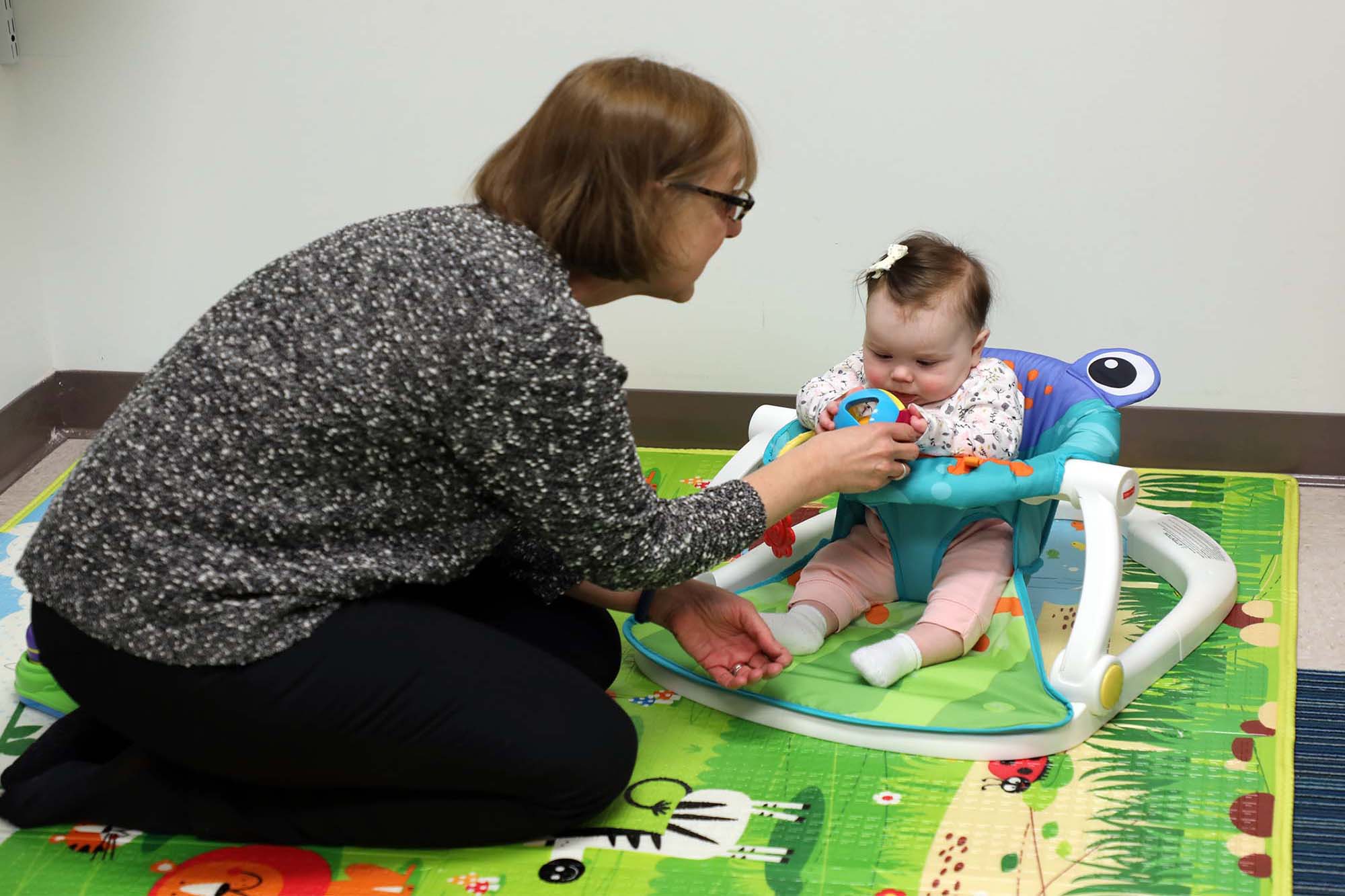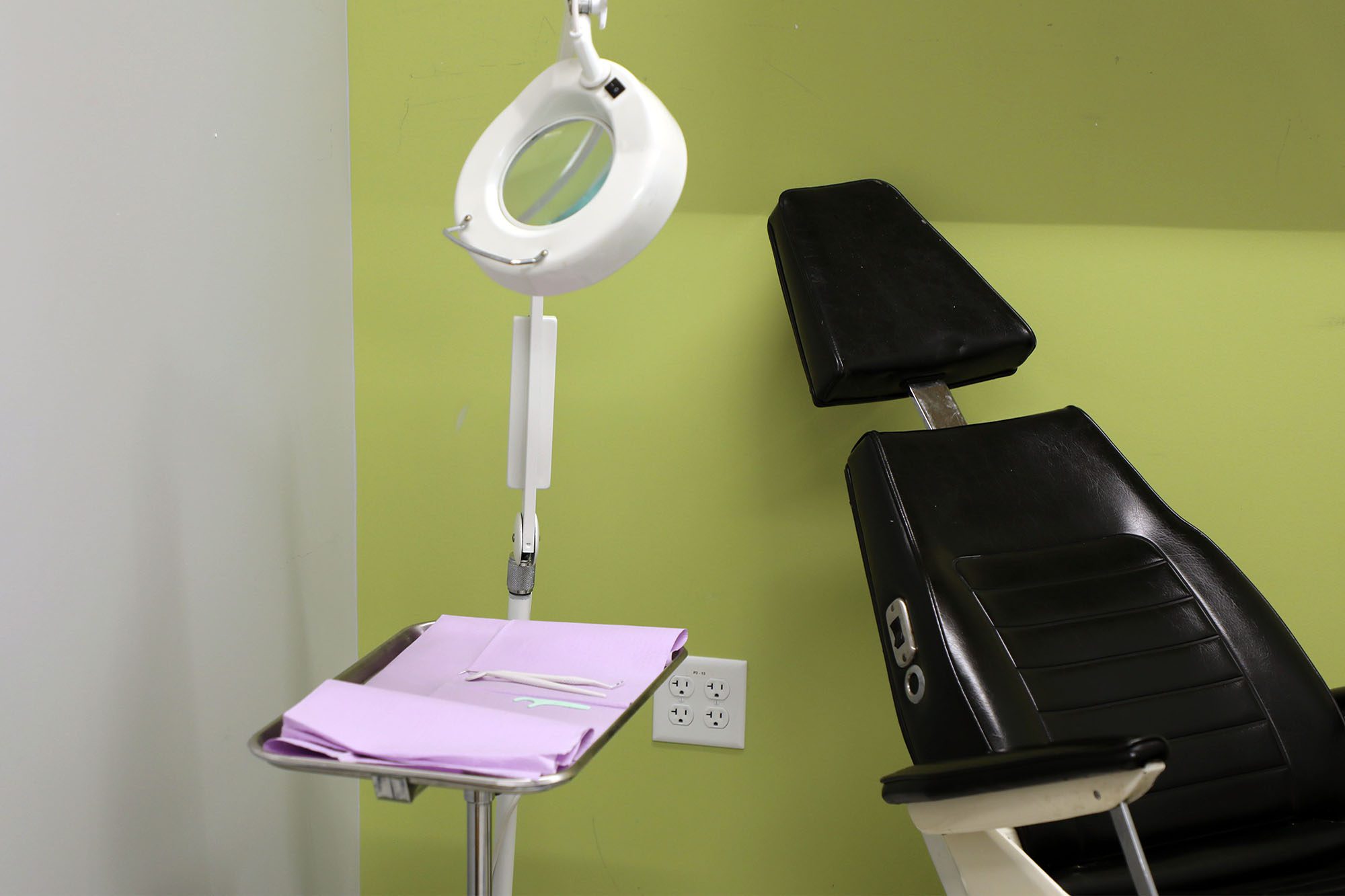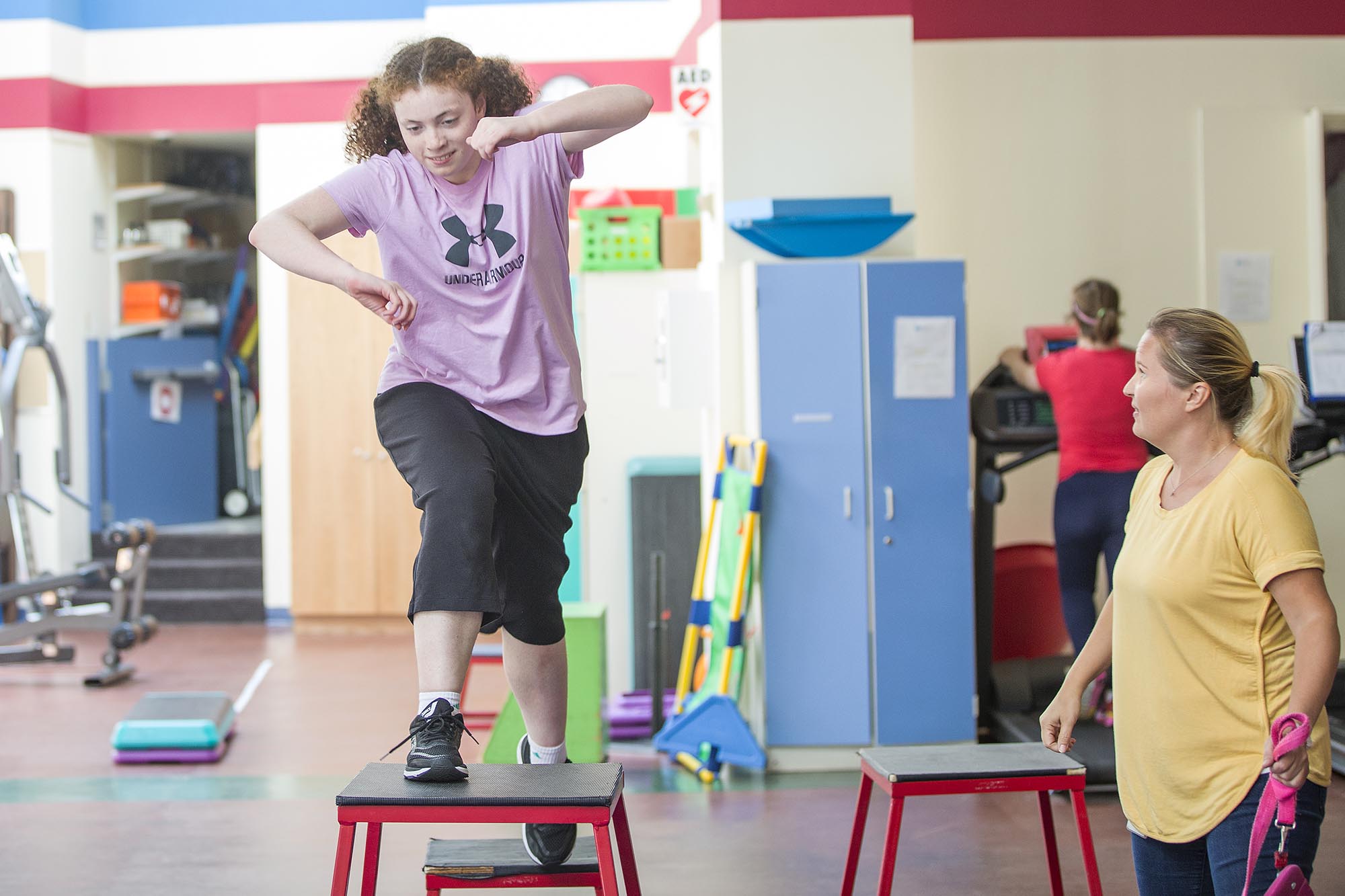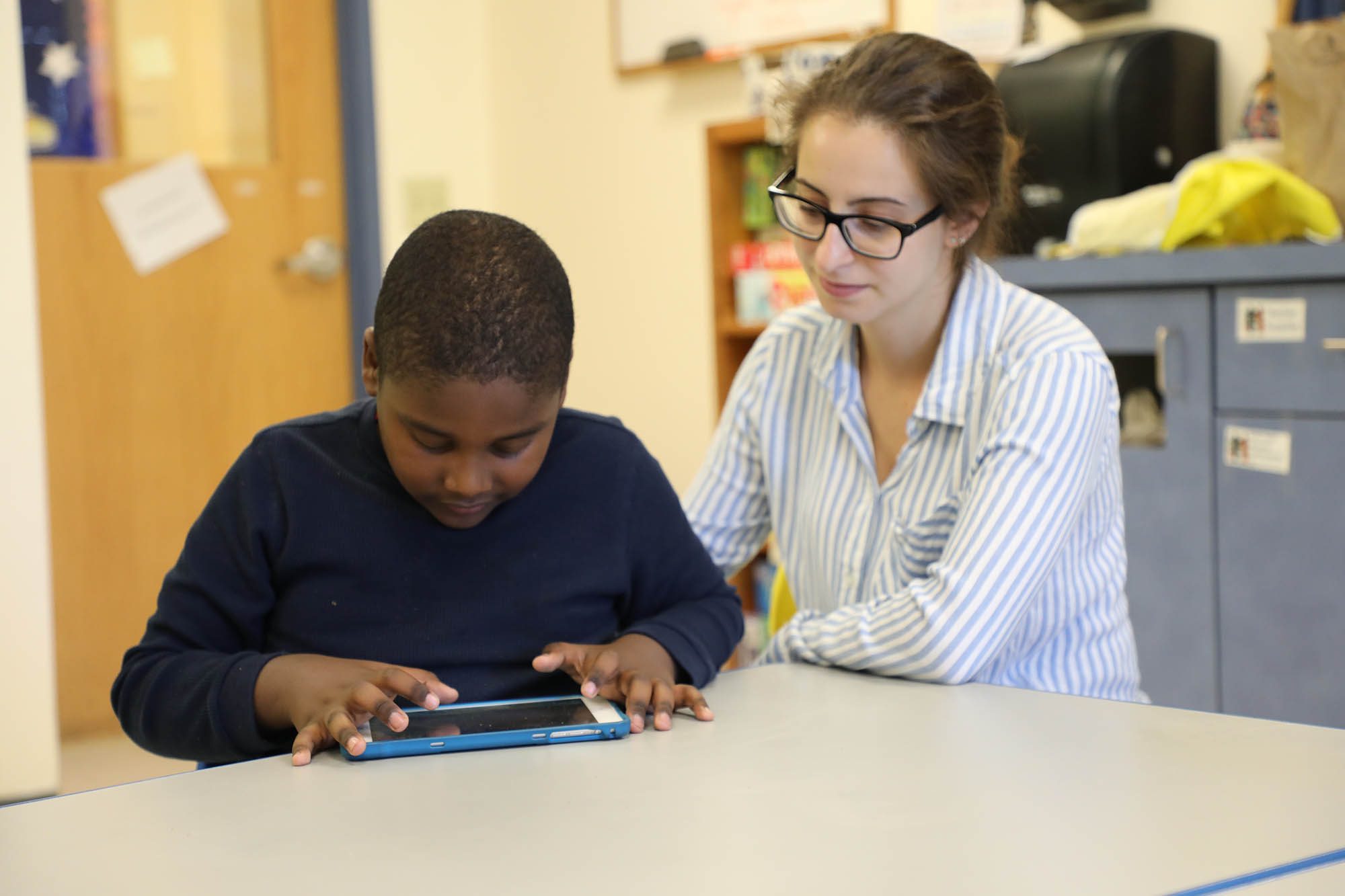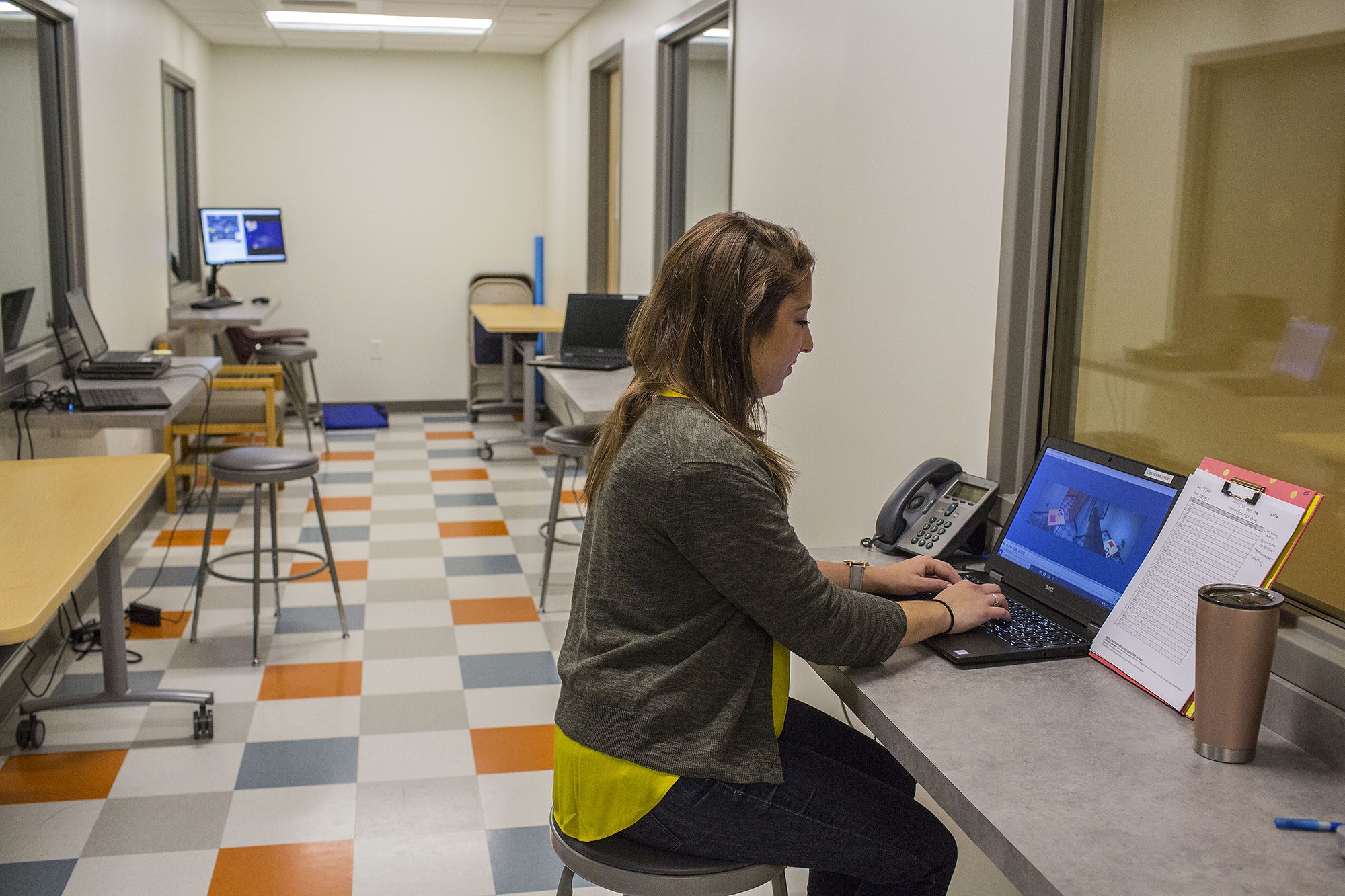OUR AUTISM RESEARCH
For parents, an autism diagnosis is the beginning of a long journey with their child, one in which support, guidance, and education are key. Although autism is a lifelong disability, only a tiny percentage of autism funding supports research on helping children with autism acquire daily living and vocational skills – skills necessary for independence.
NECC’s team of researchers at the John and Diane Kim Autism Institute focus on autism research to support children and families managing autism now. We are continually advancing the most effective, evidence-based methods for teaching children with autism.
We also share research findings with colleagues around the world through conference presentations and publications in peer-reviewed journals.
Autism Infant Sibling Study
Researchers have found that infant siblings of children with autism can show symptoms of ASD before their first birthday.
Problem Behavior During Dental Exams
Research suggests that practicing dental exams in a simulated dental environment improves students’ performance during actual dental exams.
Increasing Activity in Children with ASD
Studies to identify appropriate forms of exercise and level of activity engagement to meet individual fitness goals in children with autism spectrum disorder.
Treating Food Selectivity Using Caregiver Input
Identifying procedures that are useful for assessing and treating food selectivity safely and effectively while reducing problem behavior at mealtimes.
Promoting Generalization of Foundational Skills
Foundational skills like waiting, imitation, and responding to greetings are important to expanding opportunities for independence and inclusion for individuals with autism.
Persistence of Responding Following DRA
Aimed at demonstrating the effects of reinforcement histories on persistence of targeted responses across multiple phases of reinforcement and extinction conditions.


